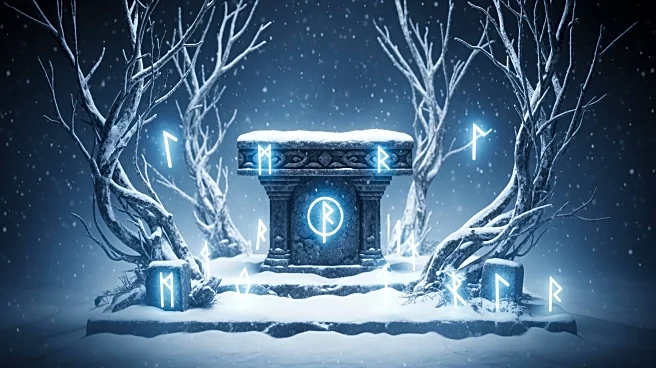What's Happening?
Government shutdowns occur when Congress fails to enact the 12 annual appropriation bills, leading to a halt in non-essential government functions. Shutdowns can be disruptive, leading to delays in processing applications for passports, small business loans, or government benefits. They also result in shuttered visitor centers and bathrooms at national parks and fewer food-safety inspections. Shutdowns are sufficiently likely that the White House Office of Management & Budget posts detailed contingency plans for government agencies.
AD
Why It's Important?
Shutdowns have significant impacts on U.S. industries, politics, and society. They disrupt federal services, affecting millions of Americans who rely on government programs. Economically, shutdowns can slow growth and increase costs due to lost productivity and delayed services. Politically, they highlight divisions within Congress and between Congress and the president, often leading to public frustration. Stakeholders such as federal employees, contractors, and beneficiaries of government programs stand to lose the most during shutdowns.
What's Next?
If Congress does not pass a funding bill, a shutdown could occur, affecting various government services and employees. Political leaders may face pressure to negotiate a resolution to avoid prolonged disruptions. The potential for a shutdown could lead to increased political tensions and public scrutiny of congressional actions.
Beyond the Headlines
Shutdowns raise ethical and legal questions about the responsibilities of government officials to ensure continuity of services. They also highlight the challenges of balancing fiscal responsibility with the need to fund essential services. Long-term, frequent shutdowns could erode public trust in government institutions.










